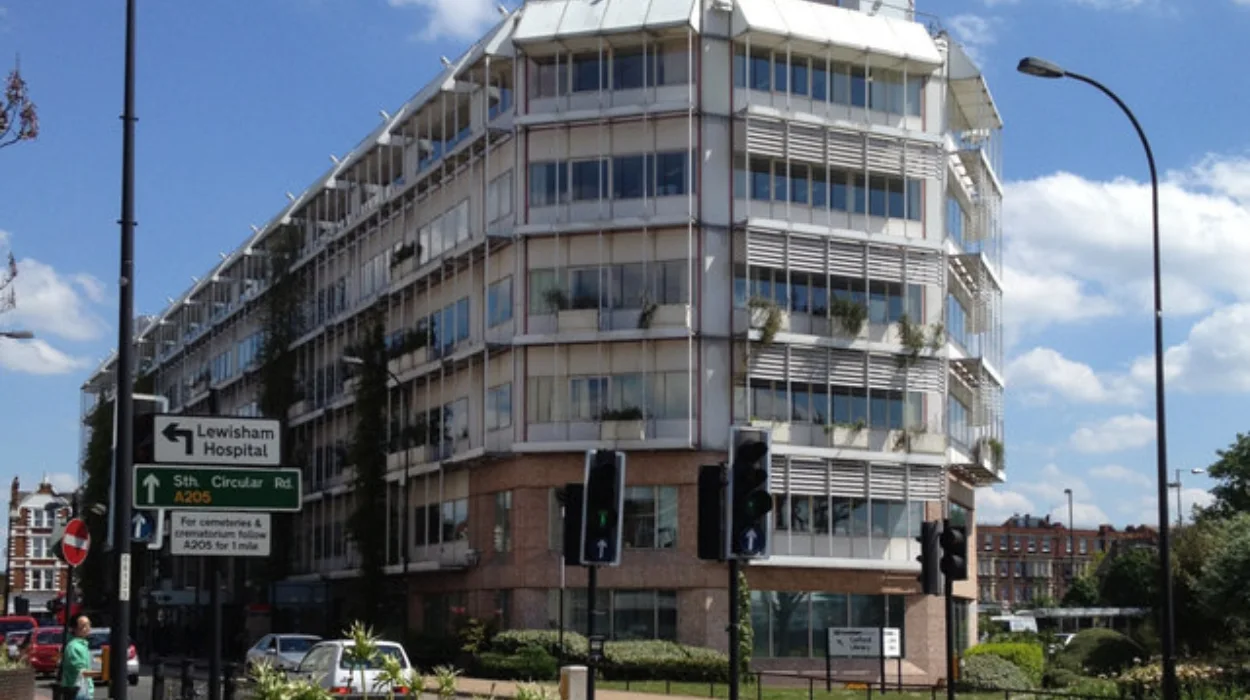Lewisham (Parliament Politics Magazine) – Lewisham residents can now attend free sewing sessions to mend clothes, thanks to a partnership between Make Mee Studio and the council’s waste team.
Nearly 300 garments have been mended or are undergoing repair during the last eight months, offering anything from socks to jackets a second chance at life.
Jaime Greenly, co-founder of Make Mee Studio, said:
“The thing we love about teaching mending is the beautiful stories we get to hear about the garments people are trying to save.
It might be a hand-me-down from a relative or a long-cherished pair of favourite jeans.
We think supporting and nurturing those connections and between people and their garments is really important for waste reduction.
Clothes are seen as so disposable these days, we want to encourage people to love their clothes for longer.”
Attendees have regarded the courses as friendly and encouraging, and they are available to anyone, regardless of sewing expertise.
One participant said:
“The space was calm, welcoming and inspiring, I felt really supported.”
Another added:
“Loved showing my 7-year-old how to darn, so satisfying and joyful.”
In addition to imparting useful skills, the programs seek to increase wellbeing via hands-on creativity, boost confidence, and help people save money.
The advantages for the environment are also substantial.
The strategic waste team of Lewisham Council notes that disposing of clothing and textiles is becoming a bigger issue for local governments all around the United Kingdom.
An estimated £140 million, or 350,000 tonnes, of garments are disposed of in landfills annually.
Although the recycling system is overburdened, a large portion of this may be recycled or reused.
An estimated £88 million is spent annually on handling old clothing, and textile sorting facilities are overloaded.
Many of these garments wind up being shipped abroad, which exacerbates environmental problems in other countries.
According to a Greenpeace analysis, a significant amount of the 15 million “throwaway” items that arrive in Ghana each week come from the United Kingdom.
Clothes repair provides a useful answer.
Eighty-two percent of clothing repairs avoid the need to buy a new garment, according to WRAP’s Displacement Rates Untangled report.
An item’s carbon, waste, and water footprints can be reduced by 20 to 30 percent, and resource costs can be reduced by 20 percent, or £5 billion, by simply extending its life by nine months.
Due to resident demand, the workshops will continue all year long due to their success.
The following meeting is set on Thursday, September 11 from 10.30 am to 1.30 pm at Deptford Lounge.
All skill levels are welcome to attend the free courses, which are intended to help people acquire new skills, save money, and lessen their environmental effect.
Ms Greenly said:
“Clothes are seen as so disposable these days, we want to encourage people to love their clothes for longer.”
How does mending contribute to sustainability and waste reduction in Lewisham?
Mending clothing instead of throwing it away means mending will decrease the amount of textiles that are sent to landfills, or incinerated. This helps to reduce harm to the environment since textiles are one of the largest contributors to waste in Lewisham and the UK.
Lewisham’s waste management favours minimizing and reusing waste as waste management, according to the waste hierarchy. Mending is perfectly aligned with this principle as it helps to prolong the life of textiles and discourages purchasing new products.
Mending also relates, as part of a wider circular economy, to Lewisham’s aim of promoting the reuse and repair of goods, to keep materials in use for longer and reduce the resource extraction and pollution.


